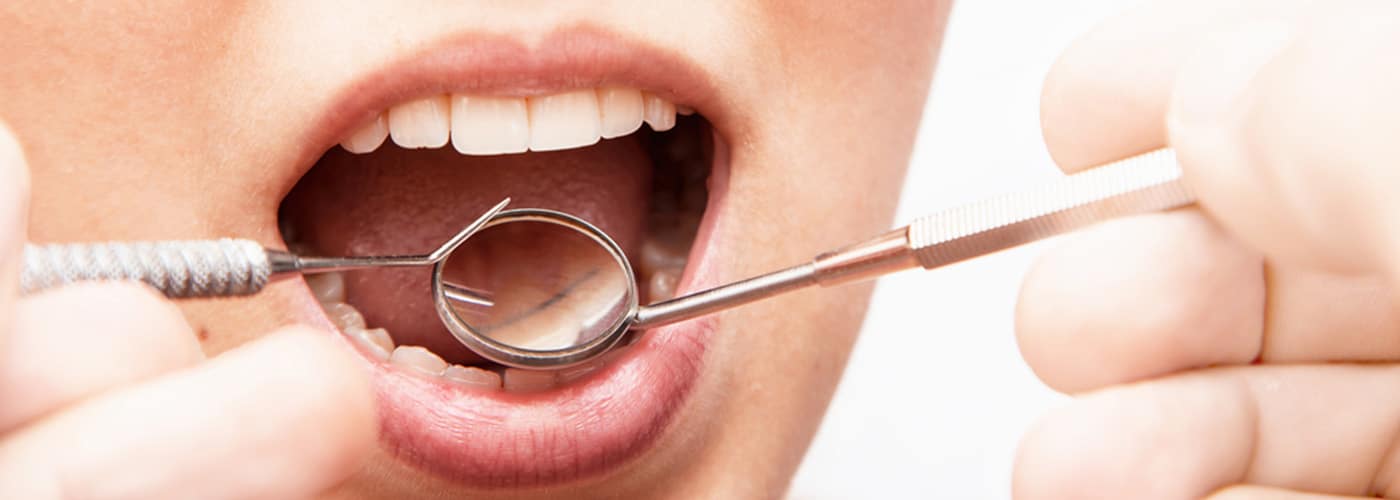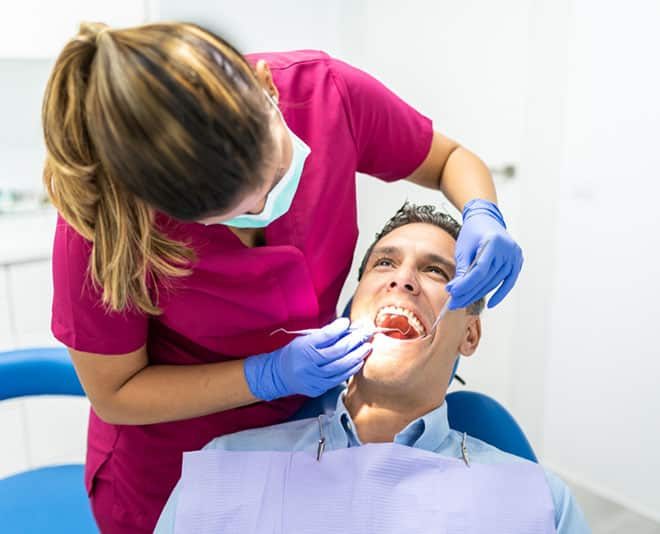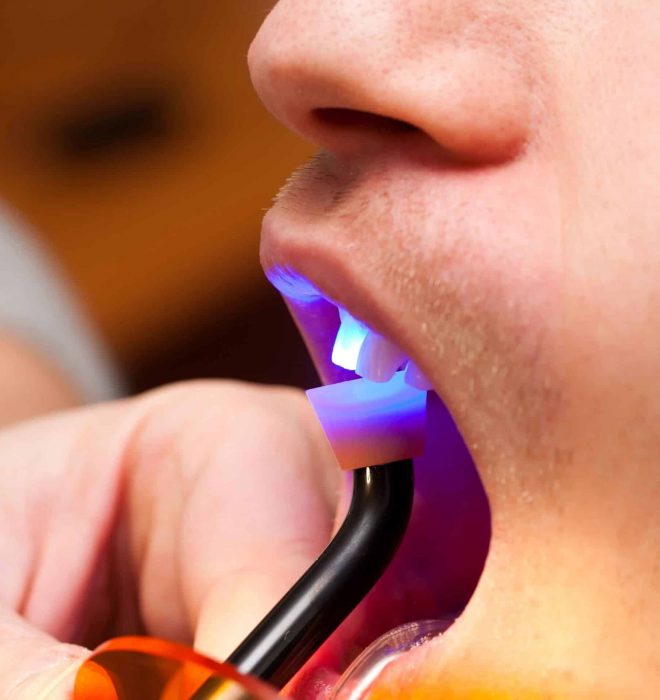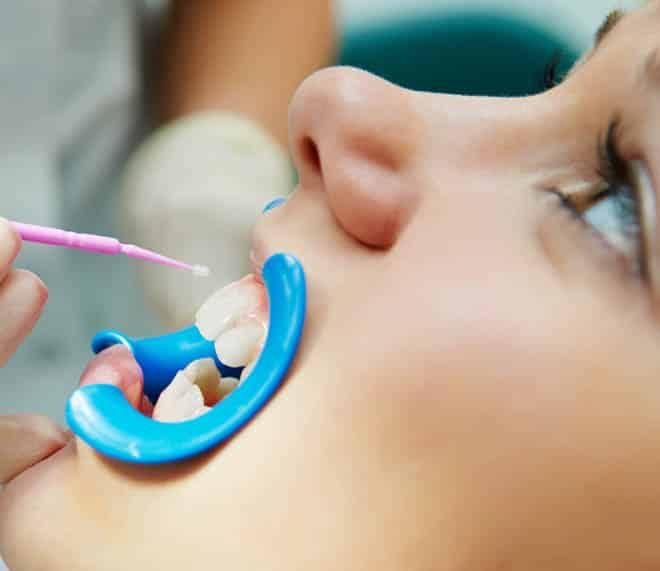Menu
- Who We Are
- What We Do
General Dentistry
Restorative Dentistry
Injections
- Emergency Dentistry
- Special Offers
- Patient
- Gallery
- Blog
- Contact Us
General Dentistry
Restorative Dentistry
Injections


While good oral hygiene habits can help prevent periodontal disease, it can still develop due to medical conditions or from neglect. Regardless of its cause, the earlier we diagnose it, the easier it will be to treat. At Casuarina Dental, our dentists can examine your teeth and gums for signs of periodontal (gum) disease. We offer preventative services and periodontal treatment, developing and helping to implement treatment plans as required.
So, what is periodontal disease? It’s a disease is caused by tartar and bacteria that build up on the teeth, especially under the gumline. The sticky plaque attracts bacteria and eventually turns into hard tartar. Together, the tartar and bacteria irritate the gums and cause infection.
Brushing twice daily and flossing every evening using good technique will help remove a lot of plaque, but even the most diligent brusher and flosser may have a hard time cleaning off all the plaque, especially under the gumline. You can improve your chances of staving off periodontal disease by having a minimum of twice-yearly professional dental cleanings from one of our dental hygienists.
So, what if you brush, floss and get your regular cleanings like you are supposed to and still get periodontal disease?
Other factors can contribute and cause a predisposition to gum disease:


How your gum disease is treated will depend on how advanced it is and how much damage it has caused. It’s important to treat gum disease, even in the early stages. Untreated gum disease will not only progress in your mouth but can also lead to health challenges throughout the rest of your body.
Mild gum disease can often be treated with a renewed commitment to good oral hygiene habits and an antimicrobial mouthwash. Moderate-to-advanced gum disease may require a deep cleaning treatment, known as scaling and root planning. During this treatment, we remove the tartar from below the gumline and get rid of the rough spots where bacteria tend to gather.
Are you concerned that you might have periodontal disease? Call our practice so that we can evaluate your gum health and organise a treatment plan to help you enjoy a healthy smile.
The symptoms of periodontal gum disease can include swollen or bleeding gums; receding gums; loose teeth; persistent bad breath; and changes in the fit of dentures or other dental appliances.
Periodontal gum disease is diagnosed by a dentist or periodontist through a thorough examination of your teeth and gums. This will usually involve a dental probe being used to check for pockets of infection around the teeth, as well as checking for any signs of inflammation or damage to the gum tissue. X-rays may also be taken.
Yes, periodontal disease can affect patients of any age. However, it is most common in adults over the age of 35. Periodontal disease is a progressive condition, which means that it typically starts off mild and gets worse over time. If you have periodontal disease, it’s important to see a dentist or periodontist so that you can receive treatment. Without treatment, periodontal disease can lead to tooth loss.
